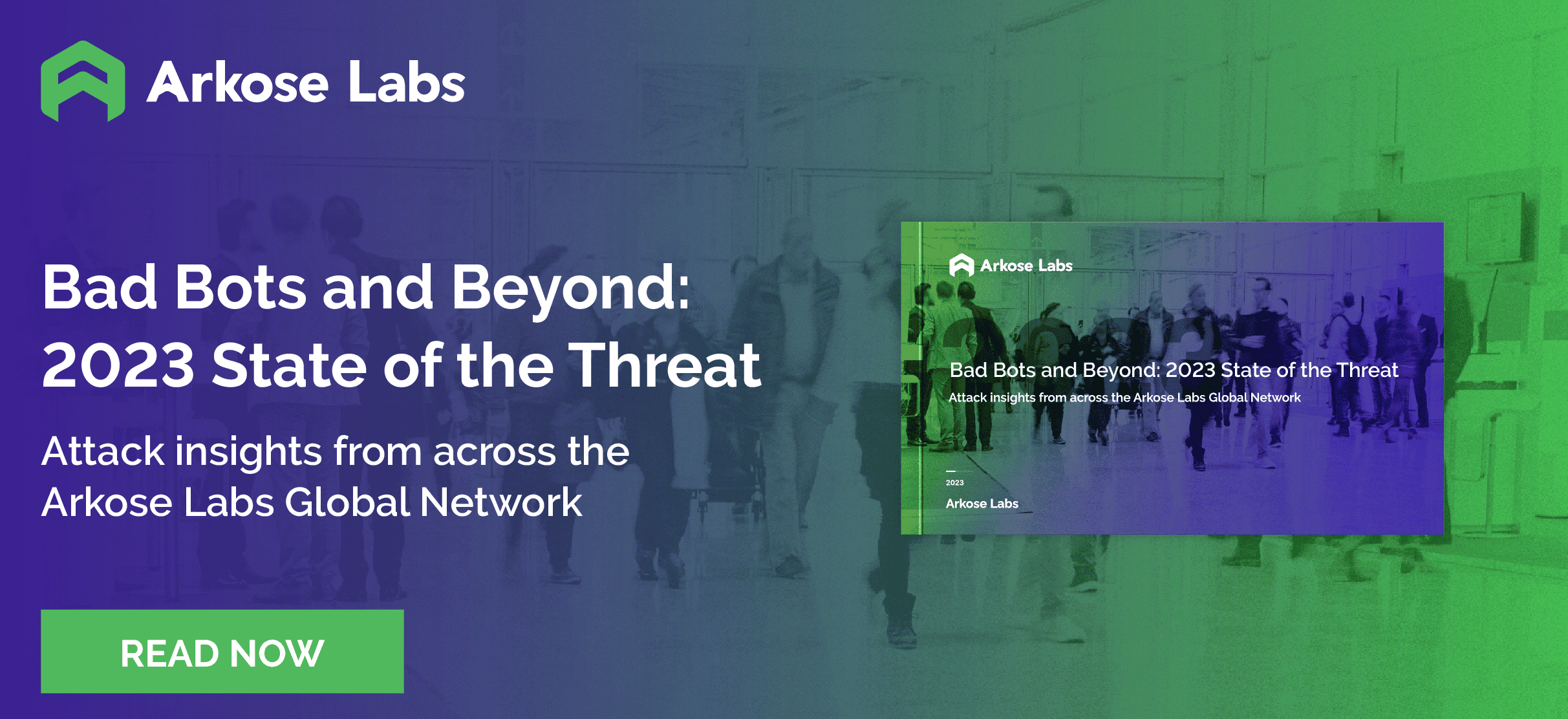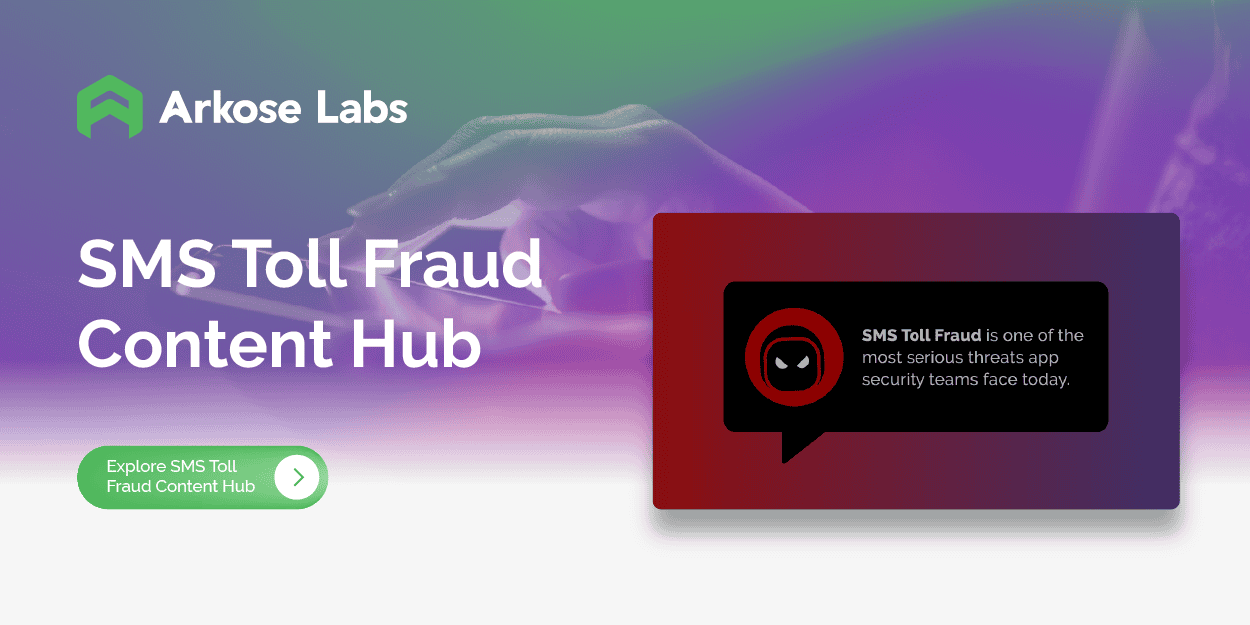Arkose Labs helps global businesses fight fraud and hostile online behavior. But, behind the scenes, there's lots of discussion and brainstorming, oodles of innovation combined with the use of good old mathematics and statistics, and of course friendly banter that go into making a smart fraud-prevention solution.
Here's a glimpse of a discussion between David Mouatt and Gerald Hartig from deep inside the Arkose den discussing how Arkose Labs defines 'usual' and determines 'unusual' features to identify and stop online abuse with certainty.
David: Most of the automated traffic online is malicious. And there's a spike in hostile behavior.
Gerald: And it's steadily increasing every single day. Mostly because fraudsters are quite active and looking to emulate good customer behavior, trying to sneak in.
David: It's surprising to see so many features that stand out as unusual.
Gerald: And we know that because we use PCA* and SVD* with supervised learning to determine what's usual.
David: Yes, and it requires tremendous amounts of effort to define 'usual'.
Gerald: Isn't it funny that one must spend so much time analyzing swathes of datasets with hundreds of thousands of features to determine what is 'usual'.
David: Well, that gives us an edge over the fraudsters who can only guess what usual or normal would look like. This also means we have insights that probably no one else has and gives us that competitive advantage.
Gerald: But, one thing the fraudsters know for sure is that customer behavior is evolving and they are using every tool, every technique possible to masquerade as genuine customers.
David: They have to, else they can be singled out without much effort. All their investment will be wasted.
Gerald: The last thing they want. And, they're increasingly using single request attacks to mimic true customers.
David: Yes, we've dealt with this before, so we know the tell-tales and spot them quite easily. Remember the airlines (hyperlink to case study) we protected from such attacks that aimed to hoard the inventory and prevented customers from accessing the low-cost air tickets.
Gerald: Of course, I do. But, make no mistake, fraudsters are a smart breed. If they get an opportunity, they will try to deceive us in every manner possible. And, the internet shields them from identification.
David: They know the loopholes and are aware of what isn't working for digital businesses when it comes to fraud prevention. They know businesses are struggling to catch up with their tactics.
Gerald: And, that is where they look to exploit the weak links. This is their primary weapon—the knowledge of what isn't working for the businesses.
David: Well, our customers need not worry as by abstracting we shift the attack surface to our platform so business networks are protected.
Gerald: The data from billions of user sessions is our strength. It gives us in-depth insights to get the larger picture, whereas fraudsters can only guess.
David: I think that goes for every digital business. If they can efficiently harness the data they have, they will have already covered half the distance in their fight against fraud and online abuse.
Gerald: But, harnessing data to get actionable insights is easier said than done. We have the tools and expertise to analyze digital intelligence in real-time, but digital businesses may not. It involves a lot of investment and then finding the right experts is a big headache as well.
David: We are here to help, so why should businesses look elsewhere, anyway!
*PCA = Principal Components Analysis, SVD = Singular Value Decomposition








